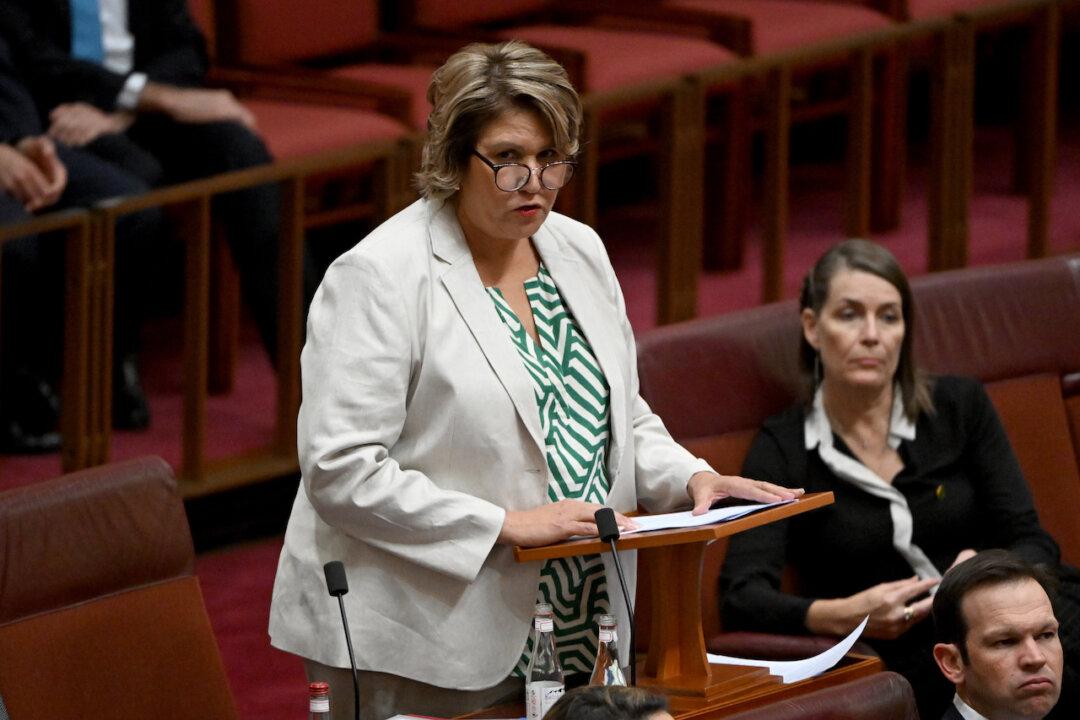CANBERRA, Australia—Liberal Party Senator Kerrynne Liddle says decision-makers must not shy away from holding Indigenous businesses to the same standards as others, urging transparency and accountability.
Reflecting on her experiences, Liddle said, “When people say, ‘That’s cultural, you don’t need to ask those questions.’ My response is, ‘How did you determine that person is the right person?’”





